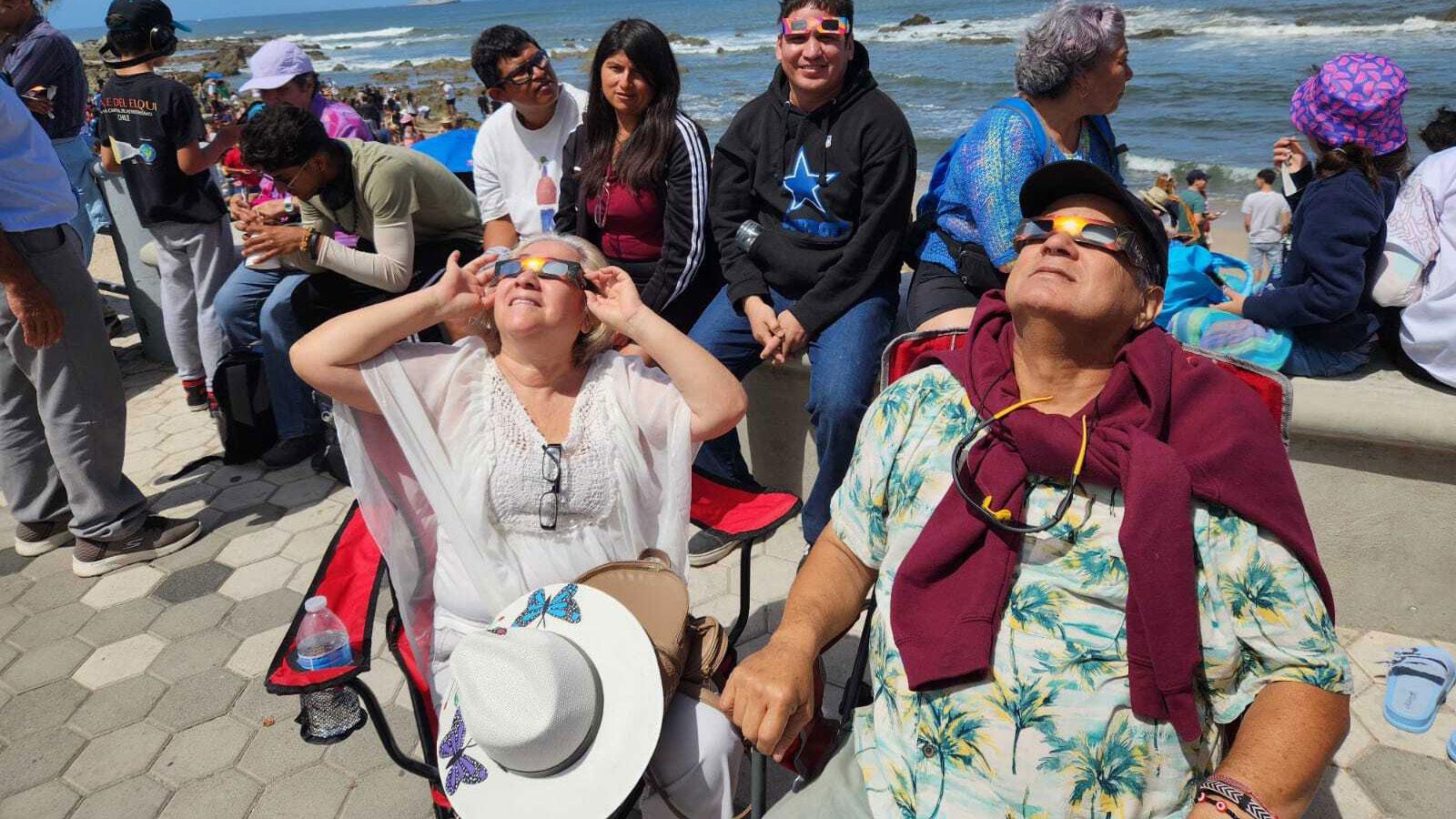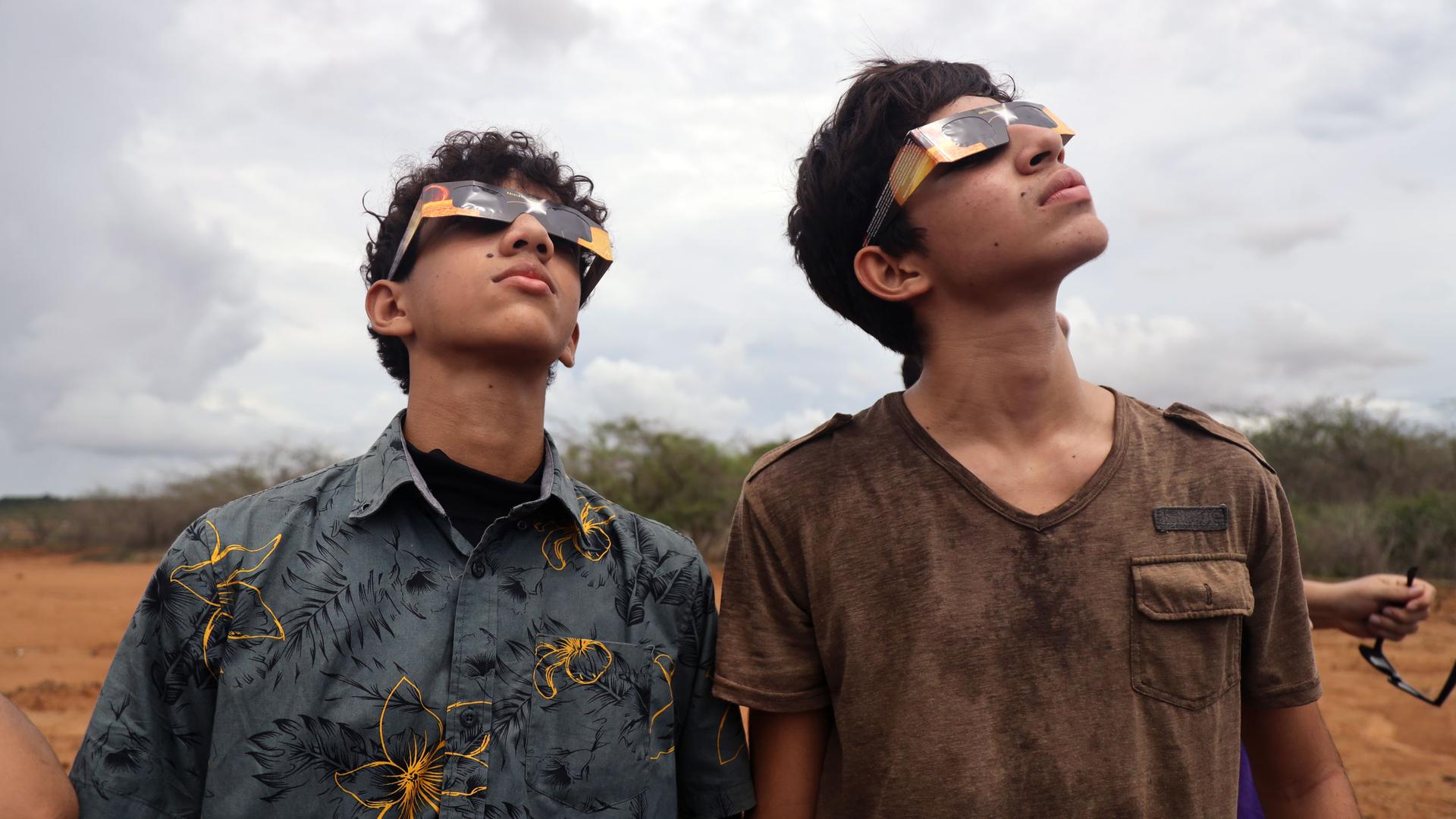Solar eclipse
A total solar eclipse in Mazatlán draws thousands of international tourists
A total solar eclipse made its way across Mexico, the US and Canada on April 8. The city of Mazatlán, on the Pacific coast of Mexico, was the first place in continental North America on the path of totality, and more than half a million people traveled there to see it. The World’s Tibisay Zea reports on how residents and visitors have experienced the celestial event.
A total solar eclipse was once all about fear, but it’s still an awe-inspiring event
In ancient times, when the sun suddenly disappeared from the sky, people would usually be afraid. Scientists have understood the physics behind a total solar eclipse for a long time, but it can still put some people on edge. Religious and nonreligious people alike can find deep meaning in these sorts of astronomical events.
There’s nothing like an eclipse to make Russians feel closer to the West
Even if you didn’t get to see the solar eclipse, you might get misty-eyed when you hear the reactions of Moscovites who did see it: “You understand that there’s no need for war, we need to live in peace under this beautiful sky.”
Uganda says AIDS is on the rise because condoms are too small
Ugandan men are apparently loathe to use condoms because the international issue, one-size-fits-all version isn’t big enough for them. And while that might seem like bragging or an excuse, Uganda is seeing AIDs infection rates, once tamed, on the rise again. Meanwhile, a court in New York is considering whether chimps should have some “human rights.” And eating healthy really does cost more. All that, in today’s Global Scan.


